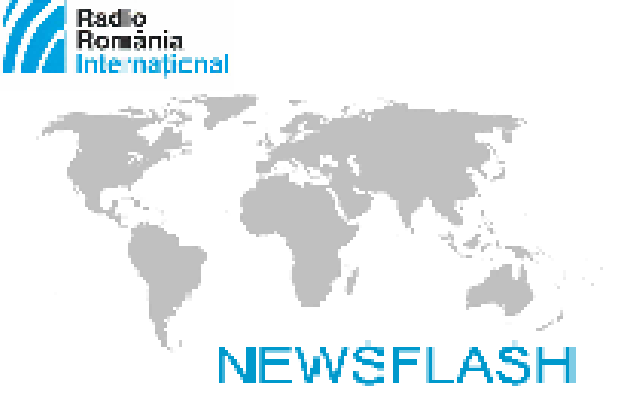August 23, 2014
For a roundup of domestic and international news, click here.

Corina Cristea, 23.08.2014, 12:00
UKRAINE — The international community has harshly condemned Russia’s decision to greenlight the humanitarian convoy to cross the Ukrainian border. Western powers believe this act would only aggravate the conflict in Eastern Ukraine, an area already confronted with Moscow-backed pro-Russian separatists. Kiev has expressed its disapproval regarding the entry of this convoy on its territory, fearing it might be a ploy to help rebel troops, while Ukrainian Security Chief Valentin Nalivaitchenko has accused Russia of invading Ukraine. According to the Russian Foreign Ministry, Moscow gave the go-head arguing that all “pretexts” for halting the convoy were exhausted. Today, Russia announced the convoy would return to the country after the cargo was unloaded in Lugansk. Reuters writes the decision might de-escalate tension to a certain extent ahead of German Chancellor Angela Merkel’s visit to Kiev, where she is due to hold talks with Ukrainian authorities on ways of ending the crisis.
ELECTIONS — Over 18 million Romanians at home and abroad will be able to cast their votes in the presidential elections this autumn, the Permanent Election Authority in Bucharest reports. The first ballot is scheduled for November 2, while the second will be held on November 16. Announcing their candidacy so far are Social Democrat Prime Minister Victor Ponta, Sibiu Mayor and Liberal Leader Klaus Iohannis, who will represent the Christian Liberal Alliance made up of the National Liberal Party and the Liberal-Democratic Party, former Liberal Prime Minister Calin Popescu Tariceanu, the People’s Movement Party leader Elena Udrea, Liberal-Democrat MEP Monica Macovei and Cristian Diaconescu, a former Foreign and Justice Minister, who will run for president independently.
DIPLOMACY — The Romanian Foreign Ministry between August 27-28 will hold the Annual Meeting of Romanian Diplomacy. Attending the event will be the EU High Representative for Foreign Affairs and Security Policy and European Commission Vice-President Catherine Ashton. Also present will be Ukrainian Foreign Minister Pavlo Klimkin, Georgian Foreign Minister Maia Panjikidze and Moldovan Deputy Prime Minister and Minister for Foreign Affairs and European Integration Natalia Gherman. According to an official press release, this year’s edition will focus on major topics on the foreign policy agenda with a deep regional and international impact, such as the regional security context, the European aspirations of states in the Eastern Partnership, the issue of regional, economic and energy developments and the latest developments at EU level.
IRAQ — The beheading of US journalist James Foley by the jihadist militants of the so-called “Islamic State” was a terrorist act against the United States, the White House has announced, adding that Washington is looking at various response scenarios in the wake of this “barbaric act”. Speaking about potential new air strikes in Syria, Ben Rhodes, Deputy Advisor for National Security at the White House has not ruled it out as a possibility, arguing however that no specific military option has at this point been presented to president Barack Obama, with the exception of ongoing operations in northern Iraq. Ever since its air strikes aimed at supporting Kurdish forces on August 8, the United States has launched over 90 air strikes in northern Iraq, targeting the Islamic State, especially in areas near the Mosul Dam, which was reclaimed by jihadists a week ago. According to US Vice-President Joe Biden, the United States is in favour of a federal system in Iraq, although the main priority is to ensure the unity of this deeply divided country.
AUGUST 23 — On this day, 70 years ago in1944, King Mihai I announced Romania’s withdrawal from its alliances with Germany and its decision to join the United Nations in the Second World War. In a statement regarding this historic day, Prime Minister Victor Ponta recalls that by this decision, taken to serve national interest, Romania contributed to the cutting short a devastating war, which had already taken millions of lives in toll. Dismissed and perverted by the communist regime and committed to oblivion after 1989, August 23, 1944 marks an important chapter in our history, which we need to understand and fully assume, Prime Minister Ponta argues, also underscoring the risk Mihai I took back then, “understanding the danger facing his country and people, his actions displaying great courage and determination”.




























